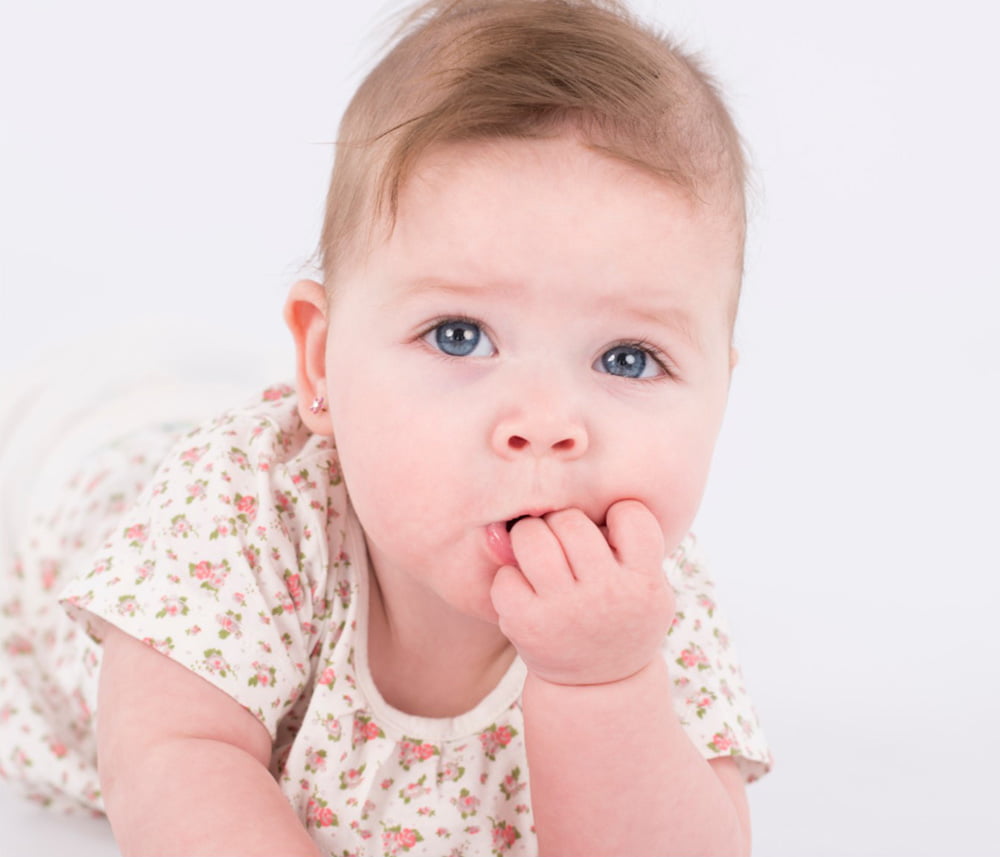The appearance of a babies first tooth is a big milestone for parents, mainly because it generally marks the end of a challenging teething period! Losing that first tooth is equally as monumental. All babies are different, so the age at which children start to lose their baby teeth varies greatly, however, typically this is around age six. In this blog, we look at how baby teeth are defined as well as how many we should expect children to lose.
What are baby teeth?
Baby teeth erupt and fall out in their own timeline in each child, and they are formally known as the deciduous teeth. In total, a child will have twenty baby teeth once all have erupted. The first baby tooth will come around the six-month stage, and they will continue to erupt until around the age of three. Starting around the age of six, a child will start to lose their baby teeth, and they should all be gone by around the age of twelve. When your child is finally in their teen years then they should have reached 28 adult teeth, otherwise known as the permanent teeth. Some people may have all four wisdom teeth, so their teeth will total 32.
How are baby teeth lost?
Baby teeth fall out because they are effectively placeholders, which help form space in the jaw for future permanent adult teeth. They fall out one by one, to avoid your mouth being left without sufficient teeth to function at any one time. Once a permanent adult tooth is ready for eruption then the root of the baby tooth will dissolve. Once this root has dissolved the tooth itself will become very loose, and eventually it will detach from the surrounding gum tissue and fall out.
While some children find losing teeth quite exciting, due to the potential cash available from the ‘tooth fairy,’ for others it can be scary because they don’t understand what is going on. Additionally, in some cases children may experience some discomfort in the mouth immediately following a tooth falling out. Subsequently, it is important to treat the affected area and minimise potential issues. This can be done through the child rinsing with a warm saltwater solution, using a gauze over the area, or applying a cold wet cloth to the affected area.
First set of teeth lost: Central Incisors
The majority of individuals lose their baby teeth in the order that they first erupted, subsequently as the lower central incisors are the first teeth to erupt at six months, they are the first to be lost. This typically occurs around when the child is six or seven years old. Once the lower central incisors have dropped out, the upper central incisors are next to come out.
Second set of teeth lost: Lateral Incisors
Following all the central incisors leaving the mouth, it will usually be the lateral incisors that are next to go. Usually, the upper lateral incisors will fall out first, and this occurs around the ages of seven and eight years old. By this time in a child, they will be fairly accustomed to process of losing teeth and thus they will be unlikely to be worried. This will especially be the case if they are regularly receiving money from the ‘tooth fairy’ for each tooth!
Third set of teeth lost: Primary first molars
While the process for the deciduous primary first molars erupting in the mouth was likely quite painful for the child, when they fall out this is not usually painful. Instead, these teeth actually are quite painless when the fall out, and it usually occurs around the nine- to eleven-year-old mark at which point the process is fairly well understood by the child.
Final set of teeth lost: Primary Second Molars & Canines
The final sets of baby teeth to go are primary second molars and canines. First to go is usually the canines at around the age of nine to twelve years old, while the primary second molars are usually last to go. This will occur typically around the ten- to twelve-year-old mark. By this point the child’s jaw should have grown large enough to fully accommodate their set of adult permanent teeth. Subsequently, by the age of around thirteen years old they will have their full set of adult permanent teeth and no longer must go through any teeth being lost.
If you are looking for a new dentist and live local to our practice in Carshalton, Surrey, we would love to meet you. Contact us today, and we can chat through your requirements.















